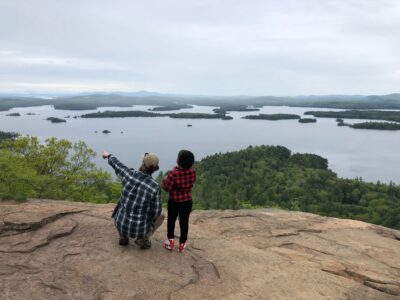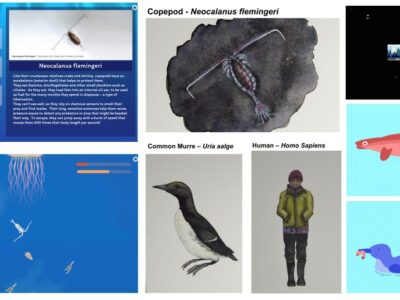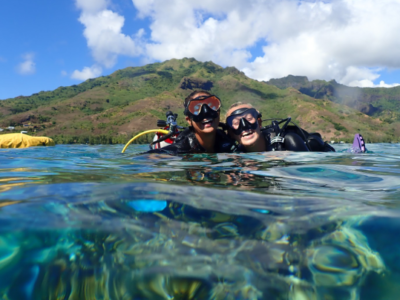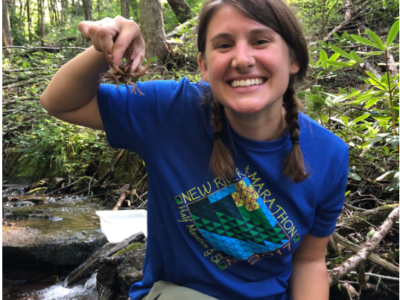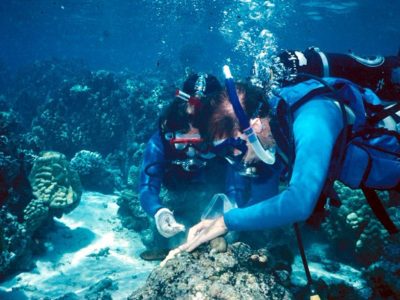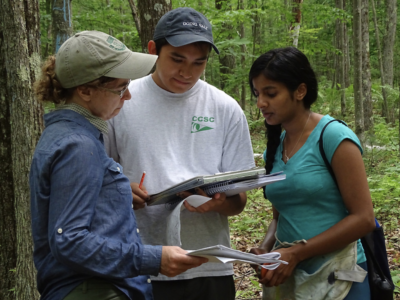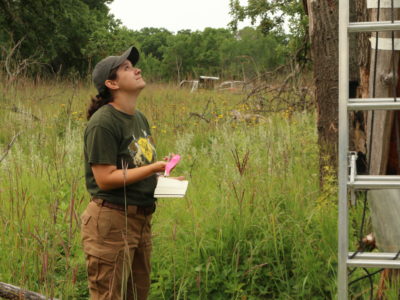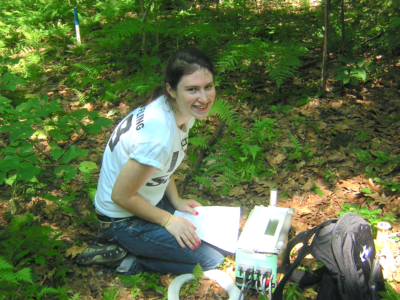New DataNugget: Do urchins flip out in hot water?
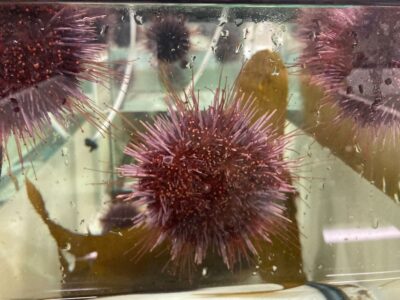
As part of a multi-site Research Experience for Teachers (RET) program, two science teachers, Emily Chittick and Traci Kennedy, from Milwaukee Public Schools, conducted an experiment to see whether warmer water temperatures affected the ability of sea urchins to flip themselves over after being turned upside down. They wrote up this part of their summer… Read more »


